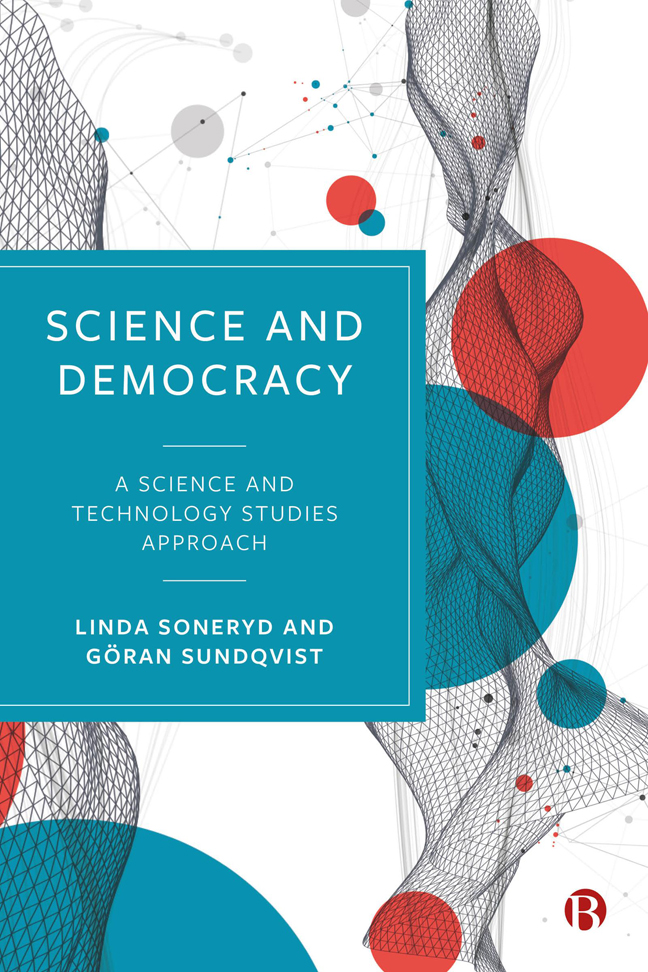1 - The Best Knowledge and the Best Mode of Governance
Published online by Cambridge University Press: 23 January 2024
Summary
Introduction
Science, in its very basic sense, means knowledge, from the Latin scientia; and democracy, in its very basic sense, means rule of the people, from the Greek demos (people) and kratos (rule). Throughout history, science and democracy have each developed with a keen ability to alter their shape in various contexts. Nevertheless, science has come to denote specific ways of producing knowledge as opposed to others, and democracy has come to be associated with particular modes of governance as opposed to others. The reason why it is impossible not to use the plural in relation to the practice of these two concepts – ways of producing knowledge and modes of governance – is simply that there are multiple versions and ways of doing both science and democracy. Yet science and democracy have taken shape as the grandeurs of modern societies. This suggests that there is something fixed about them: science has become established as the best way of producing knowledge, and democracy has become established as the best mode of governance.
Of course, their grandeur refers to the general ideas and principles that are associated with both science and democracy. Even though these ideas and principles have generated deep thought, lengthy discussion, and many thick books, dominating versions of both science and democracy can be summed up in one word: representation. Scientists represent nature, and elected politicians represent the people. To gain legitimate authority, however, representations and representatives must resonate with the represented. It is this resonance and the relational aspect involved in both science and democracy that distinguish them as particular ways of producing knowledge and particular modes of governance. The principle behind both science and democracy is that authority is not gained through violence and power exercises that ignore objections to the representations if they fail to be ‘fair’, ‘just’, ‘correct’, ‘reasonable’, ‘relevant’, and so on. It is this principle – that the represented can object to representations and that their objections (if assessed as legitimate) will induce relevant changes – that replaces gods (or emperors) and nature as unquestionable authorities, and it is therefore science can provide us with the best knowledge and democracy with the best mode of governance.
Representation, as a term and as an idea, is filled with all sorts of associations and predefined meanings.
- Type
- Chapter
- Information
- Science and DemocracyA Science and Technology Studies Approach, pp. 1 - 20Publisher: Bristol University PressPrint publication year: 2023

